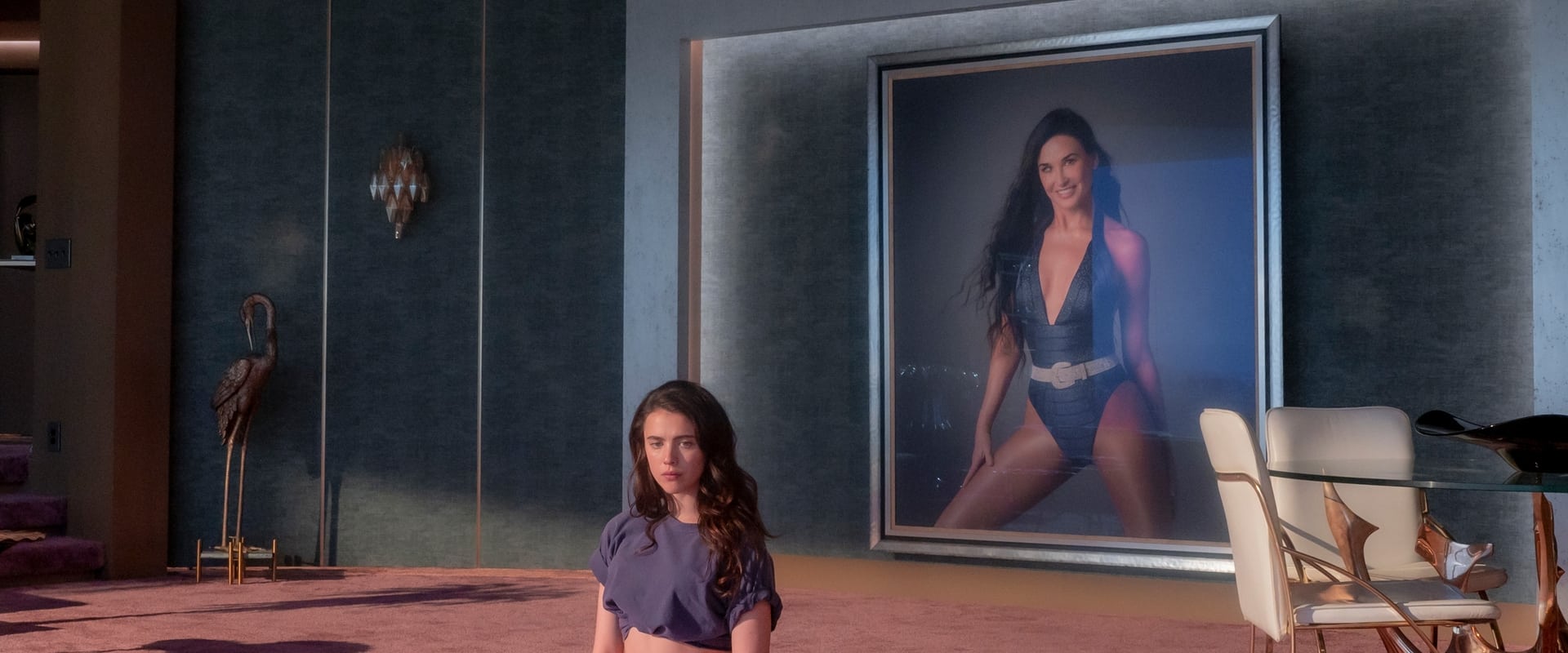Every aging franchise wants its last gasp to blow out the speakers, flood the screen, and blister the eyeballs—so it’s almost traditional that The Final Reckoning dares you to measure it against its own legend. A big, bruising spectacle trying to catch up to its own shadow, the film is cinema as a kind of decathlon, with Tom Cruise sprinting, leaping, and tumbling his way toward a finish line that never quite has the guts to feel like the end.
Let’s get the obvious out of the way: Tom Cruise, generational daredevil and last practitioner of virtuosic blockbuster showmanship, does it again. The late-film set piece—a wobbly, madman’s ballet on a moving biplane—is so nakedly, exuberantly real it almost ruptures the illusion. There are flourishes when the camera seems taken hostage, forced to cling to Cruise, as if he is the only person alive insane enough to provide his own air cover. In moments like these, you’re reminded that Cruise isn’t just the star—he’s the franchise’s insurance policy, its stunt performer, and, more often now, the camera crew rolled into one.
But set the adrenaline spike aside, and The Final Reckoning settles into a peculiar kind of autopilot. The plot, cranked up on digital steroids, keeps threatening nuclear Armageddon with the urgency of a ten-year-old jacked on Pixy Stix: There’s a rogue AI, a stolen MacGuffin (the “Podkova”), a death spiral of underwater chases and doomsday cultists, and an ensemble cast reciting world-ending dialogue with furrowed brows. It’s Mission: Impossible as inflationary spiral: the stakes go up, but the tension gets spread thin.
You feel it most sharply in the details the franchise used to savor. That old cloaked seduction—the uncanny tension of a mask peel, the sweaty-palmed, ground-level foot chases, the sunburst jolt of Lalo Schifrin’s theme thumping at just the right instant—these touchstones barely flicker before the film barrels on to its next bullet-point. A mask comes and goes; emotionless, too professional, like ticking off a requirement on the action-genre SATs. The classic motorcycle chase, the kind that left tire tracks on your pulse in Rogue Nation, is nowhere to be found. What’s left is technically impeccable, but it misses that wild, inventive note—the feeling that something miraculous is being conjured up on the fly.
If Fallout was the franchise’s supercharged heart attack—messy, desperate, and alive—The Final Reckoning is the world’s most efficient treadmill at maximum incline: it was clearly expensive. Sometimes you wonder if every dollar is accounted for on-screen but, apart from the climactic sequences and a thirty-minute, near-silent underwater interlude that verges on operatic (and is genuinely suspenseful enough to make you forget to breathe), the result feels oddly procedural. As if the IMF made its own movie on spec and hired the world’s best technical department to pull it off.
The cast is a model of professionalism. Hayley Atwell’s Grace still works as Ethan’s spiritual heir (and portable heart transplant), while Angela Bassett brings heavyweight gravitas as the new President Sloane. But what the film desperately needs is some of the old mischief: the sulfurous charm of Vanessa Kirby, Rebecca Ferguson’s smirking deadliness, or Pom Klementieff’s unhinged, scene-stealing thunder. Klementieff returns, but the electricity’s gone—Ethan’s mercy in the last film apparently cured her of madness, and with it, the franchise loses one of its best new sources of danger and fun. In this vast, mercenary chessboard of intelligence agencies, gravitas starts to feel like ballast, keeping the movie anchored just as it should be flying.
Too much “importance,” not enough pulse. If you ever loved these movies for their pop iconography—the rubber-burning chase, the honeyed drop of Schifrin’s full-bodied score, the sense that the impossible was something to be made real—then you might feel a strange absence here. For all the film’s thunder, the theme itself is nearly buried, as if the most American of action themes had become an embarrassment, or a relic best left behind.
It is a beautiful production, no question. And those two final set pieces would be enough to make most summer movies blush, stutter, and run. But there’s a sense that you have to wade through molasses to get there—two hours of plot that feels as much like obligation as invention. If Dead Reckoning stacked the deck too high for this sequel to deliver a real hand, it’s because the whole franchise began straining toward a mythology too swollen to be contained by human bodies leaping off cliffs. The voice gets louder, but the words start to blur.
Is The Final Reckoning good? Certainly: on the terms of its own fleeting and bombastic now, undeniably so. But it is not great, and greatness is something Mission: Impossible once framed as its baseline dare. You might walk away, as I did, with your ears ringing and your head full of adrenaline—yet wishing that, for just one last impossible mission, they could have found a way to bring the explosion and the magic in equal measure.
Mission accepted—and accomplished, just barely.


